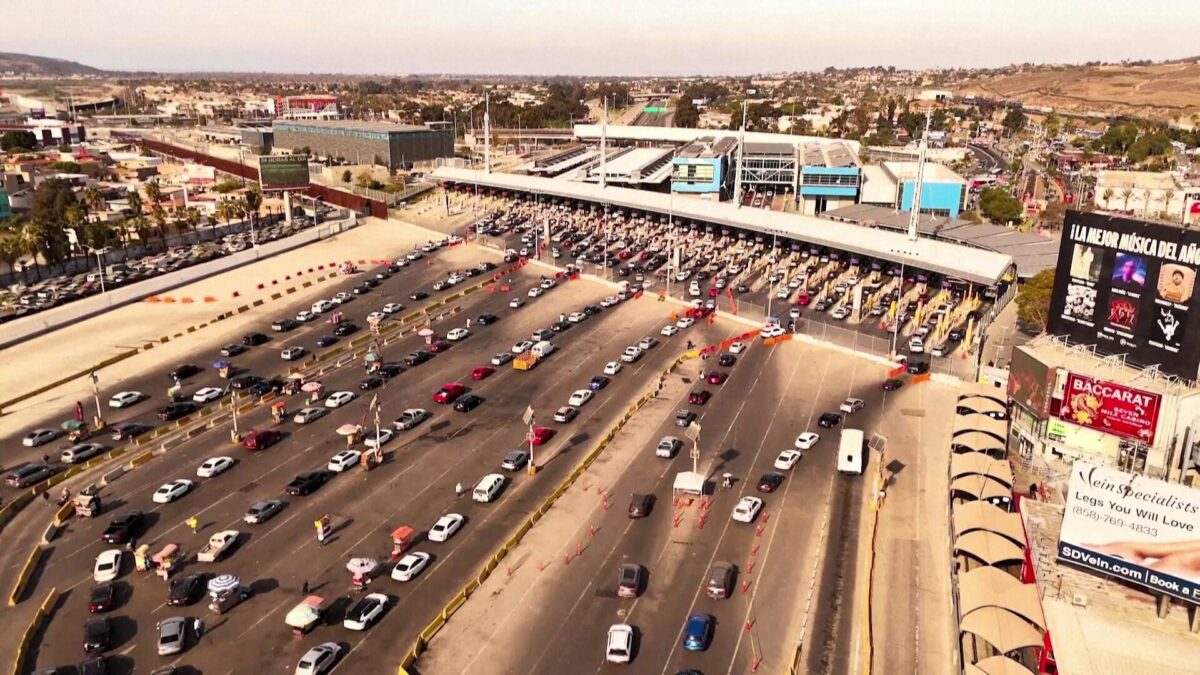TIJUANA, Mexico — Waris Mirzada, 25, left Afghanistan with the hope of finding refuge in the United States. But his path to safety was abruptly blocked when the Trump administration canceled all asylum appointments for migrants waiting in Mexico.
Mirzada, now stranded at the Assabil shelter in Tijuana—a refuge for Muslim migrants—faces an uncertain future. Alongside dozens of other asylum seekers, he must now choose between returning to a homeland he considers unsafe, seeking refuge in another country, or waiting indefinitely in Mexico, where life is fraught with challenges.
The obstacles for Muslim migrants in Mexico extend beyond the abrupt policy shift, Reuters reported. Language barriers and widespread misconceptions about Islam create significant hurdles to integration in a predominantly Catholic country.
“They face a very particular set of challenges due to their culture and religion,” said Soraya Vázquez, deputy director of the human rights group Al Otro Lado. “It’s very difficult for them to quickly adapt to life here.”
For migrants like Mirzada, the journey to Mexico is often long and expensive, involving smugglers who charge thousands of dollars. Those debts can become a dangerous burden. Without a way to repay them, migrants risk extortion or violence in Mexico, where cartel activity and organized crime are ever-present threats, Vázquez explained.
In interviews, five Afghan migrants in Tijuana described the despair of having their asylum hopes dashed. All had their U.S. appointments canceled and expressed fears about the options left before them.
“I don’t know what to do now,” Mirzada said on Tuesday. “I can’t go back to Afghanistan, but staying here feels impossible, too.”
The policy shift highlights the precarious plight of migrants caught in geopolitical limbo, navigating not only physical borders but also cultural and systemic barriers far from home.





